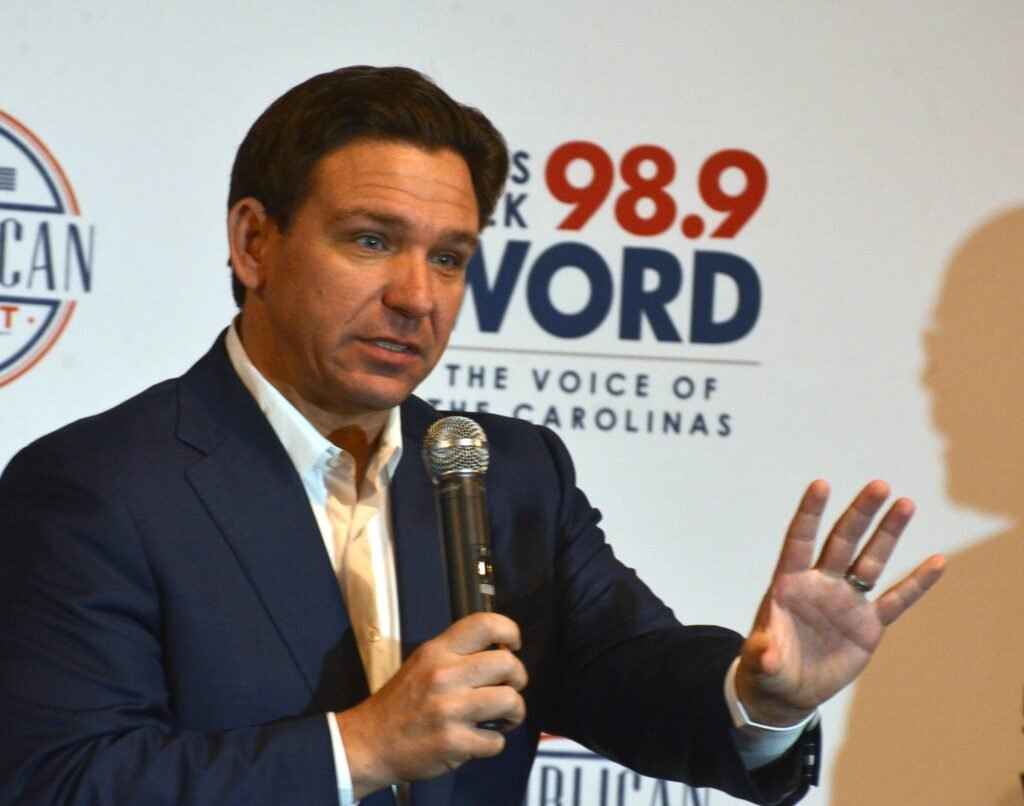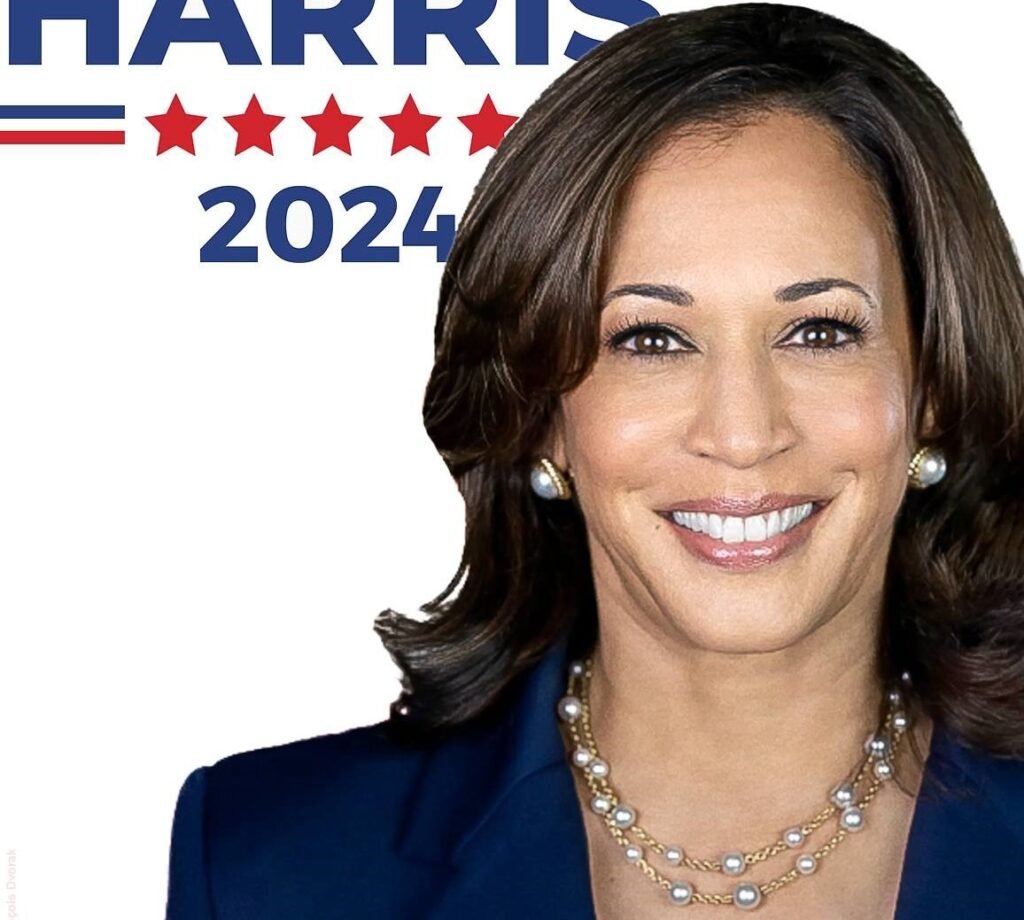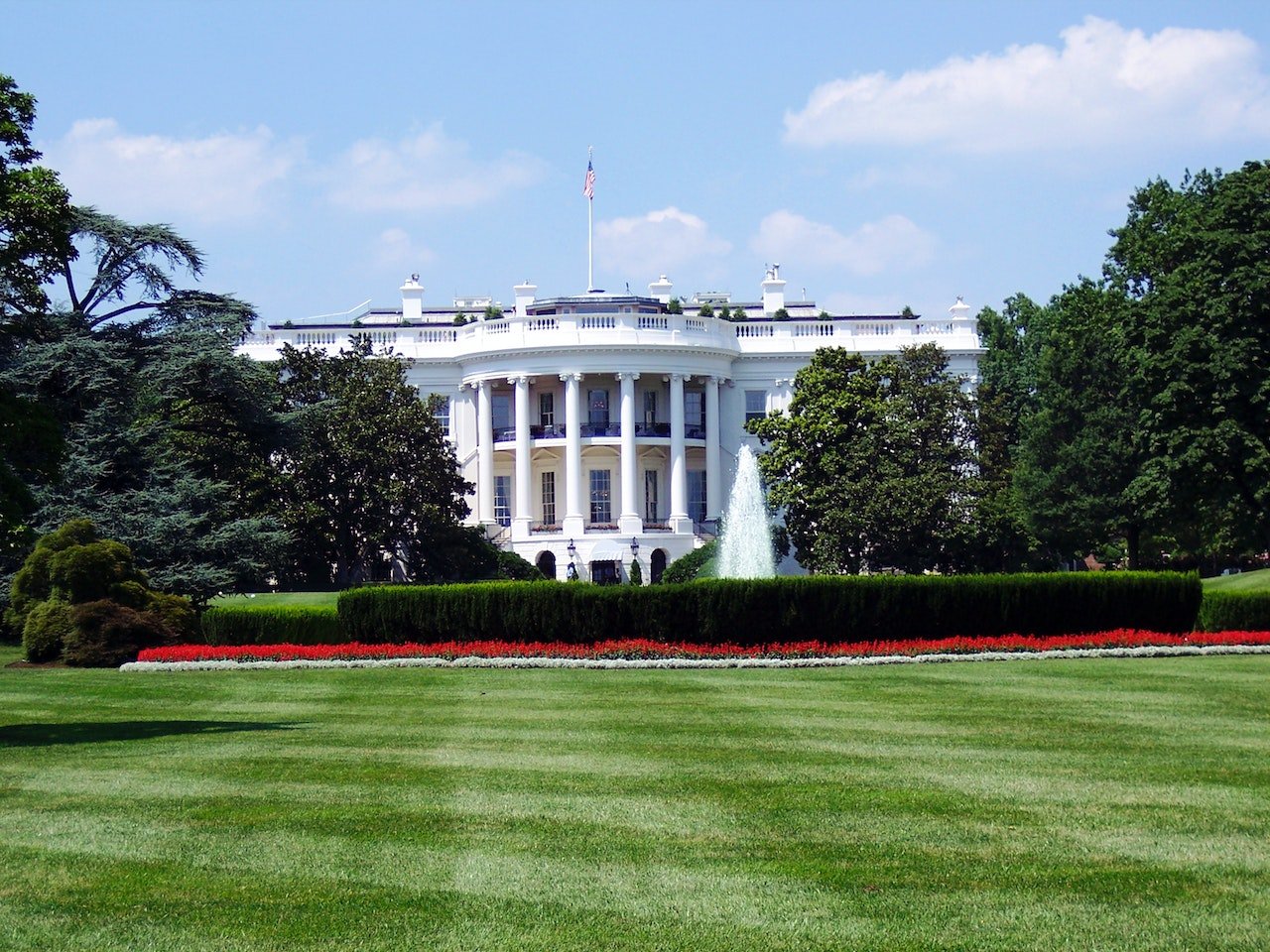As the elections 2024 USA approach, the political landscape is charged with anticipation. With both presidential and congressional races on the line, this election promises to shape the future of the nation and its role on the global stage. Let’s delve into the current historical trends, status of the candidates, their win probabilities, and the potential implications of their victories to assess that who will be the elected president of USA
Historical Trends hint who’s winning the election uSA 2024?
- Presidential Elections: Historically, incumbent presidents have a slight advantage in re-election bids, with recent exceptions like Jimmy Carter in 1980 and George H. W. Bush in 1992. The political climate, economic conditions, and major events (e.g., the COVID-19 pandemic in 2020) significantly influence these outcomes.
- Midterm Elections: Typically, the party holding the presidency loses seats in Congress during midterm elections. However, the current cycle is a general election, combining presidential and congressional races, which can lead to different dynamics.
- Voter Turnout: Voter turnout has been increasing, with the 2020 election seeing a record high. Factors like voter mobilization efforts, changes in voting laws, and political polarization contribute to this trend.
Current Status and Data on Candidates
Joe Biden (Democratic Party):

- Incumbent President: Biden‘s administration has focused on economic recovery, infrastructure, and social policies. His approval rating fluctuates based on economic performance and other national issues.
- Polling Data: Recent polls show Biden with a solid base but facing challenges with independents and younger voters.
- Win Probability: As an incumbent, Biden has a significant advantage, but his re-election is not guaranteed given the polarized political climate.
Donald Trump (Republican Party):

- Former President: Trump remains a dominant figure in the Republican Party, with a strong following among the conservative base.
- Polling Data: Trump leads the Republican primary polls but has high disapproval ratings among the general electorate.
- Win Probability: Trump’s chances depend on his ability to mobilize his base and appeal to swing voters in key battleground states.
Ron DeSantis (Republican Party):

- Governor of Florida: DeSantis has gained national attention for his policies and leadership style, appealing to both Trump supporters and traditional conservatives.
- Polling Data: DeSantis is a strong contender in the Republican primaries but lags behind Trump.
- Win Probability: If he can secure the Republican nomination, DeSantis has a reasonable chance, especially if he can unify the party
Kamala Harris (Democratic Party):

- Vice President: Harris‘s role in the Biden administration and her diverse background make her a significant candidate.
- Polling Data: Harris’s approval ratings are mixed, with strong support from Democratic voters but less appeal among independents.
- Win Probability: Her chances are closely tied to Biden’s performance and whether she runs as his successor or alongside him.
Implications of Each Candidate’s Victory
Joe Biden:
- Domestic Policy: Continued focus on economic recovery, healthcare, climate change, and social justice. Expect more progressive policies and efforts to strengthen social safety nets.
- Foreign Policy: Stability in international relations, with emphasis on alliances, climate initiatives, and cautious engagement with rivals like China and Russia.
Donald Trump:
- Domestic Policy: Return to policies focused on deregulation, tax cuts, and strict immigration controls. Potential rollback of Biden’s social and environmental initiatives.
- Foreign Policy: Unpredictable and transactional approach, likely focusing on “America First” policies, renegotiation of trade deals, and reduced involvement in international organizations.
Ron DeSantis:
- Domestic Policy: Similar to Trump, with a focus on conservative values, education reform, and economic policies favoring deregulation.
- Foreign Policy: Likely to continue a strong stance on national sovereignty and security, with possible shifts in trade and immigration policies.
Kamala Harris:
- Domestic Policy: Emphasis on social equity, criminal justice reform, and progressive economic policies. Continuation and expansion of Biden’s legislative agenda.
- Foreign Policy: Focus on human rights, multilateralism, and climate action. Stronger stance on promoting democratic values globally.
Conclusion
Election polls 2024 in the USA are shaping up to be highly competitive and consequential. On election day in USA, the outcome will not only determine the direction of domestic policies but also influence the nation’s role in global affairs. As the election draws nearer, staying informed and engaged is crucial for understanding the potential impacts on the USA and the world.
FAQs
Q: Who are the main candidates in the 2024 Presidential Election?
- A: The main candidates in the 2024 Presidential Election are Joe Biden (Democratic Party), the incumbent president, Donald Trump (Republican Party), the former president, Ron DeSantis (Republican Party), the Governor of Florida, and Kamala Harris (Democratic Party), the current Vice President.
Q: What are the key issues in the 2024 election?
- A: The key issues in the 2024 election include the economy, healthcare, immigration, climate change, social justice, and foreign policy. Voters are particularly concerned about economic recovery post-pandemic, healthcare reform, environmental policies, and the nation’s approach to international relations.
Q: What are the historical trends in US Presidential Elections?
- A: Historically, incumbent presidents have a slight advantage in re-election bids, though economic conditions and major events can significantly influence outcomes. Additionally, midterm elections typically see the party holding the presidency lose seats in Congress. Voter turnout has been increasing, driven by political polarization and mobilization efforts.
Q: What are the win probabilities for each candidate in the 2024 election?
- A: Joe Biden, as the incumbent, has a significant advantage but faces challenges from a polarized electorate. Donald Trump has strong support within the Republican Party but high disapproval ratings overall. Ron DeSantis is a strong contender in the Republican primaries and has potential if he can unify the party. Kamala Harris’s chances are tied to Biden’s performance and whether she runs as his successor or alongside him.
Q: How will the 2024 election impact US domestic and foreign policy?
- A: The election’s outcome will significantly influence US policy. A Biden or Harris victory would likely continue current policies on economic recovery, healthcare, climate change, and social justice, with a focus on alliances and multilateralism in foreign policy. A Trump or DeSantis win would likely prioritize deregulation, tax cuts, and stricter immigration controls domestically, with a more unpredictable and transactional approach to foreign policy.



